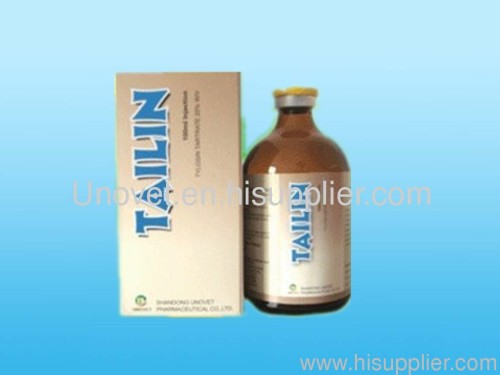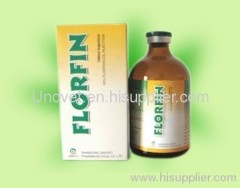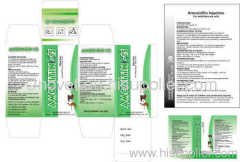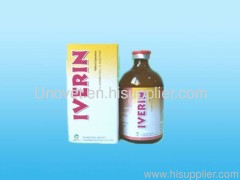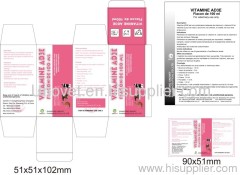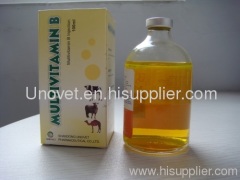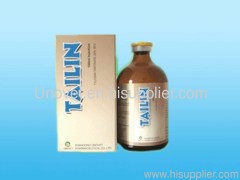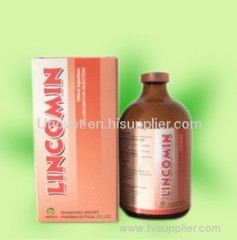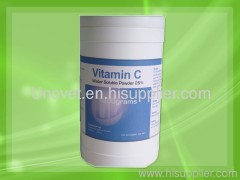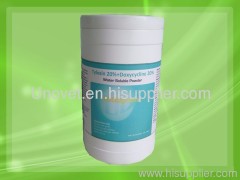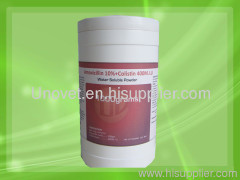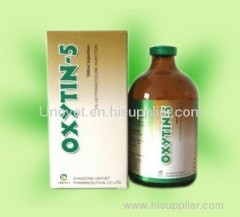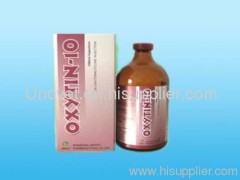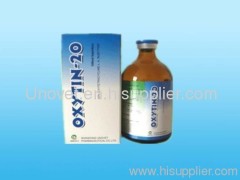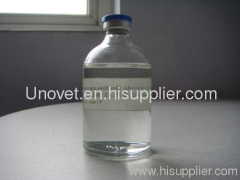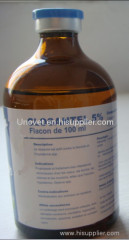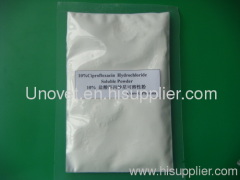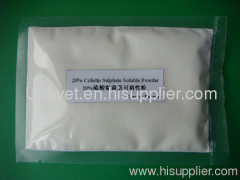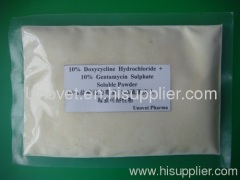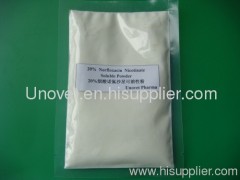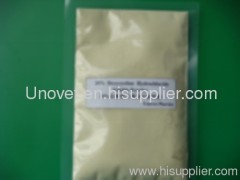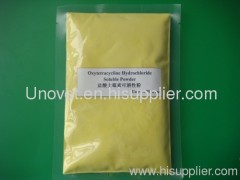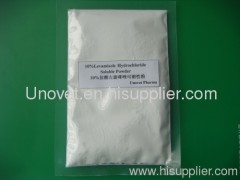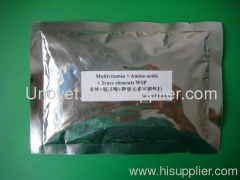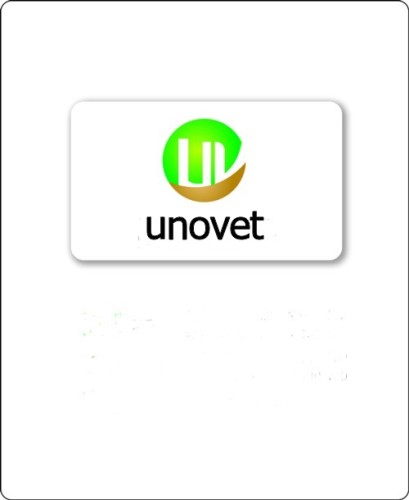
|
Shandong Unovet Pharmaceutical Co., Ltd
|
tylosin tartrate injection 20%
| Payment Terms: | T/T,L/C |
| Place of Origin: | Shandong, China (Mainland) |
|
|
|
| Add to My Favorites | |
| HiSupplier Escrow |
Product Detail
Indications:
Treats shipping fever, pneumonia, foot rot, calf diphtheria, metritis in beef cattle and non-lactating dairy cattle .
Indications:
Treats shipping fever, pneumonia, foot rot, calf diphtheria, metritis in beef cattle and non-lactating dairy cattle . Treats mycoplasmal swine arthritis, pasteurella pneumonia, erysipelas, acute swine dysentery in swine.
Pharmacology:
Tylosin is thought to have the same mechanism of action as ery-thromycin (binds to 50S ribosome and inhibits protein synthesis) and exhibits a similar spectrum of activity. It is a bacteriostatic antibiotic. For more specific information on or-ganisms that tylosin is usually active against., refer to the erythromycin monograph just prior to this one. Cross resistance with erythromycin occurs.
Dosage & administration:
Beef and non-lactating dairy cattle: inject IM 8 mg per pound of body weight(1ml per 25 pounds) once daily. Treatment should be continued 24 hours after symptoms of the disease have stopped. Not to exceed 5 days. Do no inject more than 10 ml per injection site.
Swine: Inject IM 4 mg per pound of body weight(1ml per 50 pounds) twice daily. Treatment should be continued 24 hours after symptoms of the disease have stopped, not to exceed 3 days. Do not inject more than 5ml per injection site.
Warning:
Do not mix Tylosin injection with other injectable solutions as this may cause precipitation of the active ingredients. Do not administer to horses or other equine species. Injection of tylosin in equines has been fatal.
Precautions:
Discontinue use in cattle 21 days before slaughter. Discontinue use in swine 14 days before slaughter.
Do not use in lactating dairy cattle. A withdrawal period has not been established for this product in preruminating calves. Do not use in calves to be processed for veal. Adverse reactions, including shock and death may result from overdose in baby pigs. Do not attempt injection into pigs weighing less than 20 pounds. See package insert for complete information.
Packing:
50ml, 100ml.
Storage:
Store in a cool dry place away from direct sunlight. Store in a cool dry place under 22. Away from direct sunlight.
Shelf life: 3 years.
Didn't find what you're looking for?
Post Buying Lead or contact
HiSupplier Customer Service Center
for help!

